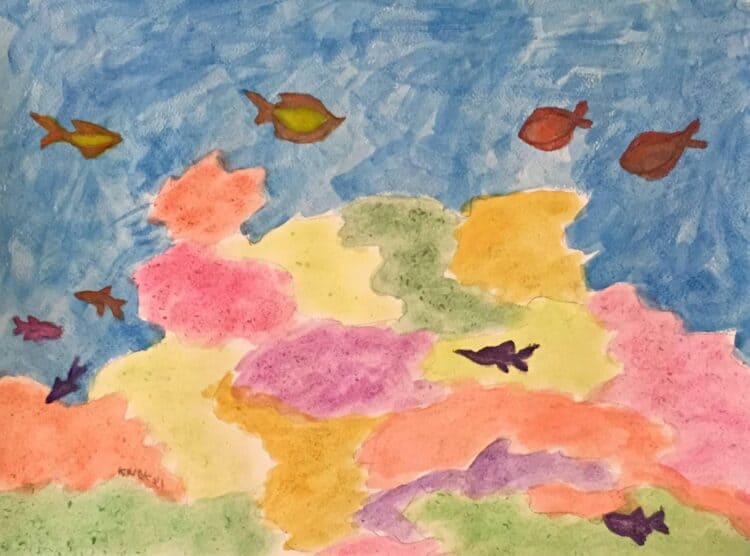As animals age, their social behaviors often change, a phenomenon observed in various species. Gregory Albery, an ecologist from Georgetown University, studied red deer on the Isle of Rum to understand this shift.
His research revealed that older female red deer tend to associate with fewer individuals over time. The study aimed to determine whether this change is due to individual behavior or survival patterns.
Albery and his team found that older deer indeed have fewer social connections. Their analysis indicated that as deer age, their home ranges shrink and they spend less time in areas frequented by others.
This contraction is not due to a preference for less popular spots but might result from competitive exclusion, where younger, more active deer dominate prime grazing areas. Additionally, older deer might opt for longer grasses that are easier to eat when their teeth are worn down.
One intriguing aspect of the study is the role of disease risk. On the Isle of Rum, gastrointestinal worms are prevalent. Albery suggests that older deer may reduce social contacts to avoid the risk of disease transmission, as they might have weakened immune systems.
This behavior could be similar to patterns seen in aging Soay sheep, which also tend to reduce their social range and often exhibit signs of compromised health.
A comparison with rhesus macaques on Cayo Santiago further supports this idea. Older macaques, like deer, also limit their social interactions, focusing more on established relationships. They tend to avoid new associations that could expose them to diseases or injuries, reflecting a similar trend of reduced social engagement with age.
These findings highlight a broader lesson for studying aging in animals and humans. They suggest that declining social networks in older individuals might be a strategy to minimize health risks rather than merely a consequence of aging.
This article by Trinity Sparke was first published by One Green Planet on 4 August 2024. Image Credit :Amy Lutz/Shutterstock.
What you can do
Help to save wildlife by donating as little as $1 – It only takes a minute.







Leave a Reply